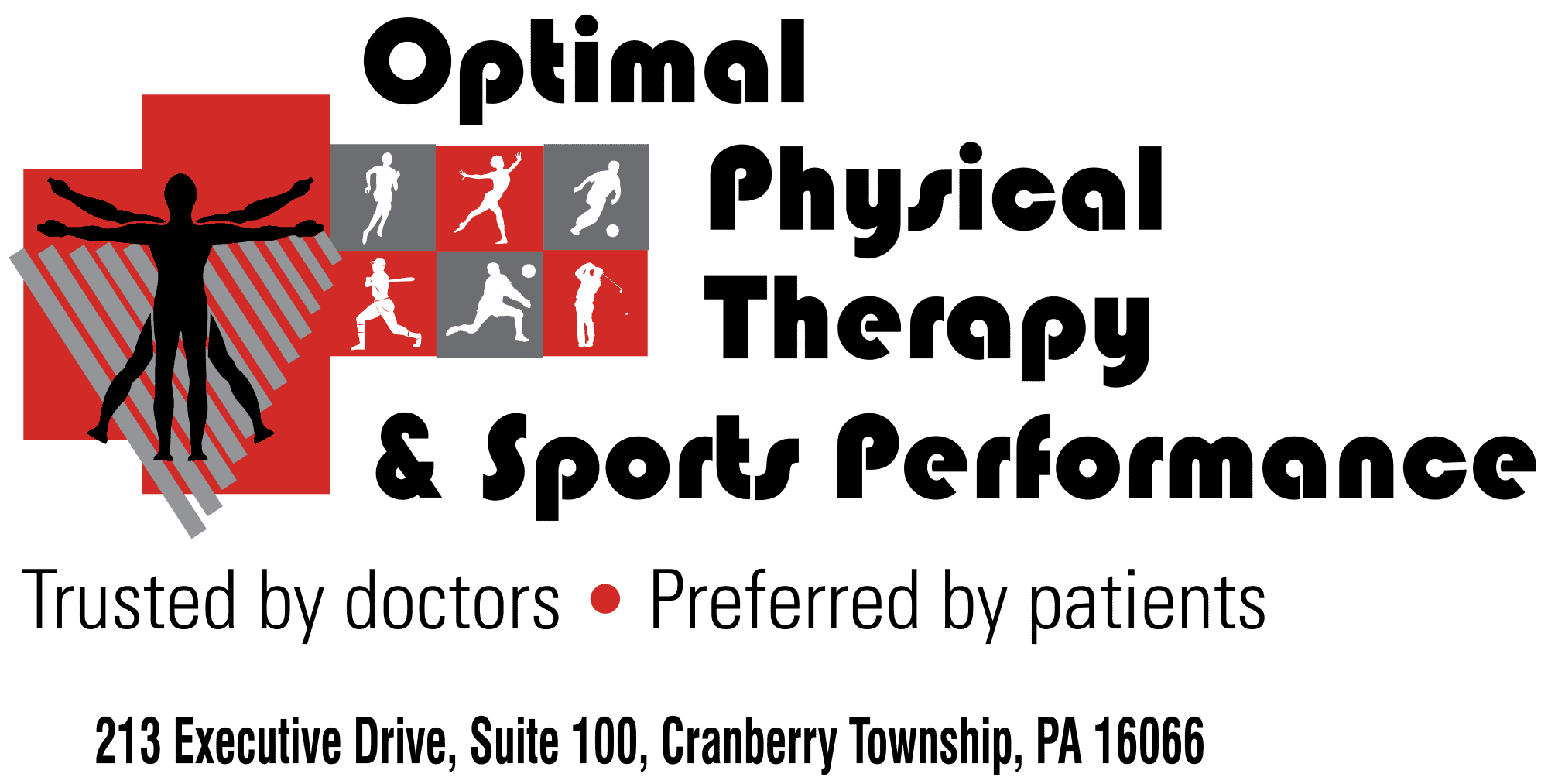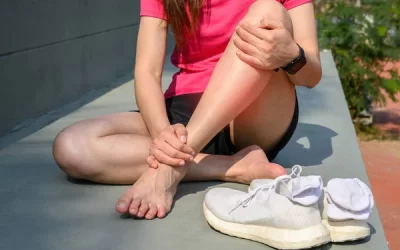Stuck in Traffic? Going on a long road trip? Here are a few ideas to help you relieve stress and sneak in a bit of exercise and relaxation while you are in your car:
Being stuck in traffic can be a bummer and elevate blood pressure. Driving for prolonged periods of time bends and compresses the spine in the low back and can lead to forward head, clenched hands and shoulders. Here are some simple exercises that you can do that will help you stretch, strengthen and relax all while stuck at a light, traffic jam or on a long drive:
Chin Tuck: Tuck in the chin while looking straight ahead. Remember not to look up or down. This will help reduce neck strain, prevent forward head postures and promote good spinal alignment. Pretend you are a turtle pulling its head back into its shell. Hold 3-5 sec. Repeat 10-15 times.
Shoulder Rolls: Move shoulder up, down, forward and back for at least 10 repetitions. This will reduce neck and upper body stress.
Neck Sidebends: Tip head sideways so the ear reaches toward the shoulder. Hold 5 seconds and repeat to opposite side. Complete 10 repetitions to each side.
Neck Rotations: Following neck sidebends, turn the head and look over the shoulder (Keep eyes on the road) hold a few seconds and repeat to the opposite side 10 repetitions each.
Shoulder blade pinches: Pinch shoulder blades together without shrugging shoulders. Feel stretch across front of chest and tightening of muscles between your shoulder blades. Hold 3-5 seconds and repeat 10 times.
Seated Core: Assess if you are slumped in your low back region. Lift rib cage up over pelvis by increasing concavity of spinal curve in your low back. Tell yourself to sit up as tall as you can. Try to hold this position for several minutes. If your low back tends to be sore while in car, build in a homemade lumbar roll by using a small pillow or rolled up beach towel to promote proper spine alignment.
Gluteal sets: Work on the buttock region. Tighten your buttock muscles together. Think “tight, tighter, tightest” Hold 3-5 secs. Repeat 15 times.
Ankle pumps: (if feet not needed to operate pedals) Move foot up and down repeatedly. Mix in some clockwise and counterclockwise rotations to vary the technique. This will help stretch out tight calf muscles and promote leg circulation.
Diaphragmatic Breathing: Breathe in slowly and deeply. Place hand on stomach and feel stomach push outward when taking a deep breath. Be sure the upper chest and neck stays relaxed while the stomach is pushed outward. Breathe out very slowly. Do for several minutes. When inhaling, think “my body is calm.” When exhaling, think “my body is quiet”.
To further relax, consider relaxing music instead of a blood pressure raising talk show or podcast. Think of three things for which to be grateful. Use this sometimes forced unwelcome pause to be positive and to do something that benefits your health and well being. Wear your seatbelt! We care about you!



